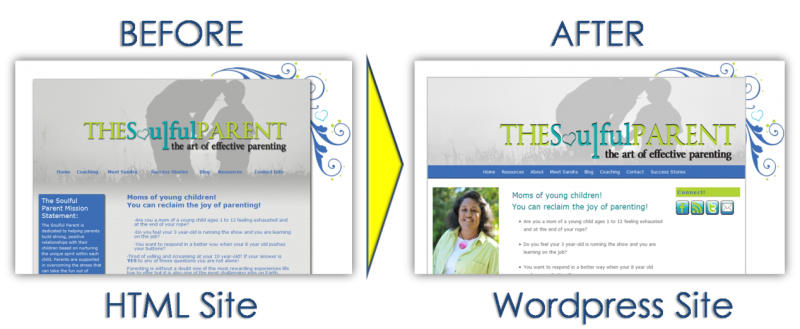It is a renown fact that WordPress has emerged as a prominent content management system available today. With unmatched performance, robust plugins and value added services, it has become the driving force of online reputation for many major-league brands like CNN, People Magazine and Ford.
With 200 million+ WordPress websites running on the internet, it is can be said that the content management system is here to stay. There has also been a significant migration of HTML to WordPress over the few years. In organizations where a strict budget has to be followed, WordPress becomes a mandatory tool. WordPress, along with its tools has made it possible to get tremendous results from the website with minimum efforts.
WordPress does not demand a full-time expert to manage the web portal. Even if you are not good with the technical knowledge or programming, you will find it easier to work with WordPress. Changes can be made with just a few clicks, such as load new blogs, edit the existing ones and review them before they are made live.
By preventing the need to learn various programming languages and what not for managing a website, WordPress proves to be much more economical. This is because most of the features are enabled with drag-and-drop. Being a browser based platform, WordPress is not limited to the main server. A web admin may log in to the backend of the website from any device such as a laptop, smartphone etc.
You do not have to consult a professional developer every time you wish to edit the content of the website. Moreover, it is possible to feature multiple admins and assign them with various levels of authorization.
So, an authorized designer can make the desired changes in the design part of the site, without affecting other features. Changes can be quite easily as compared to any other content management systems. Initially launched as a tool for blogging, WordPress has built-in features to manage the website’s SEO. The CMS targets the relevant keywords for meta descriptions, h1 tags, titles and overall content.
In order to make the most out of the WordPress CMS, install relevant plugins and extensions. For every function possible, be it UX optimization or managing the web content, WordPress features a plethora of extensions and plugins to choose from.
If you wish to add features such as social media integration, reviews, payment checkouts, event organizers etc, all you need to do is find an ideal plugin and install it. These plugins synchronize automatically with the website and do not affect other functionalities.
WordPress is a one stop solution for webmasters looking out for cost-effective resources to enhance their business website. With its unmatched features, WordPress has become the leading choice for website development for all business domains.
